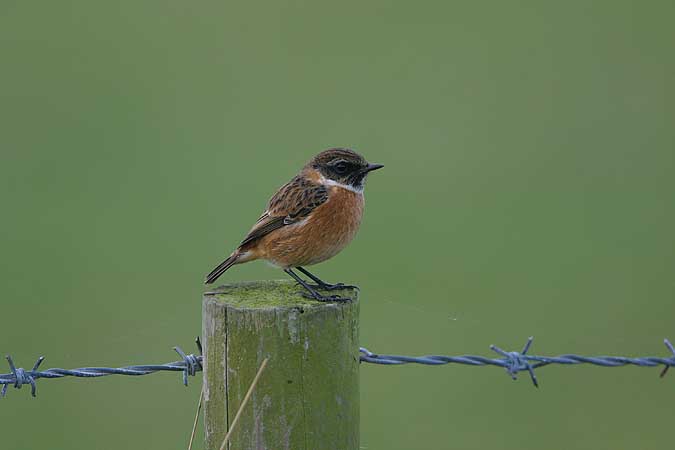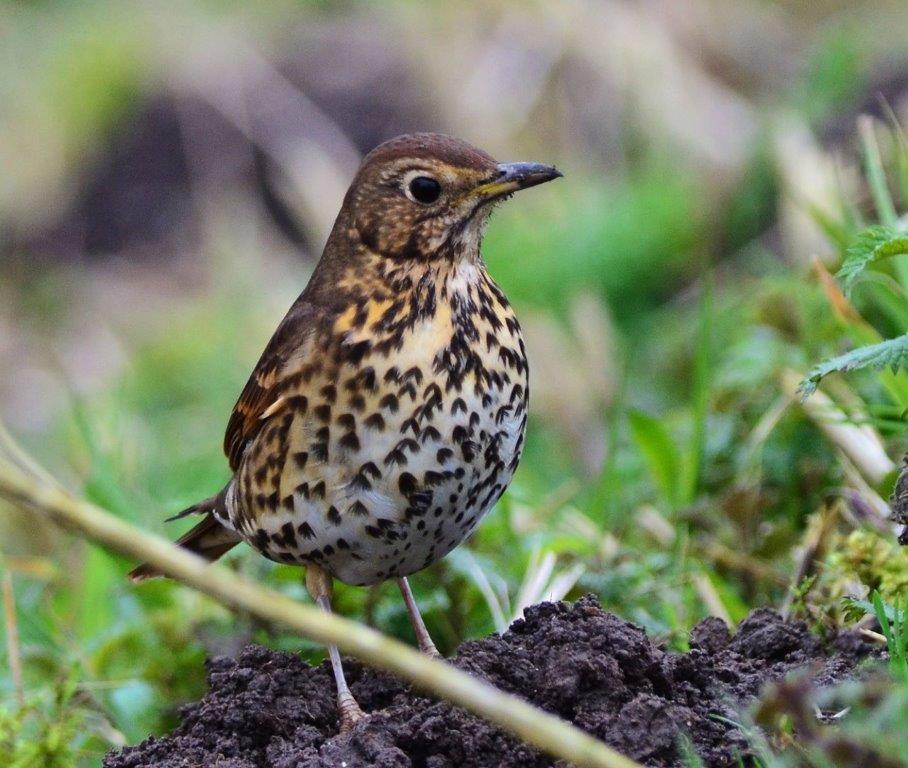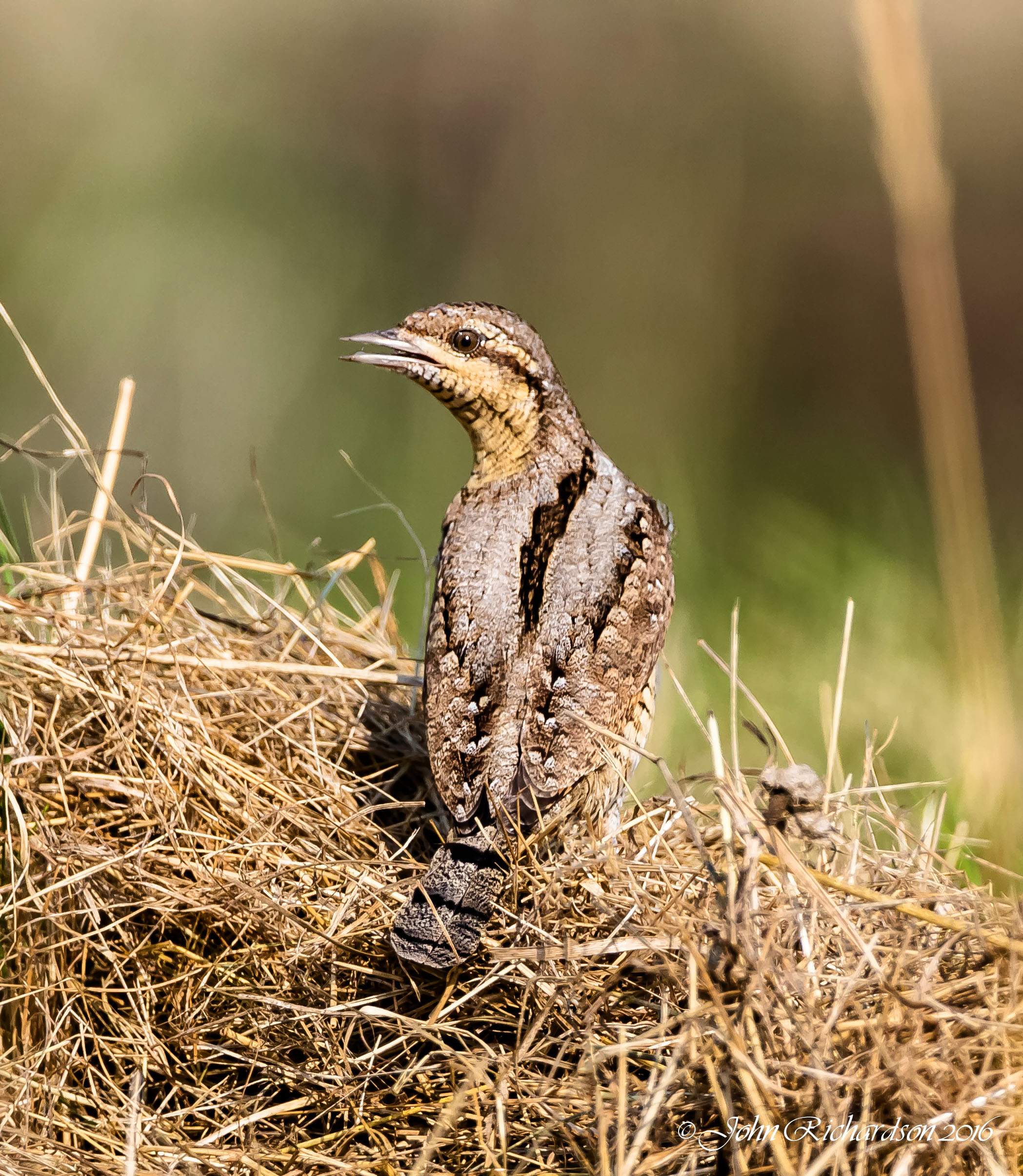Stonechats


It was Chaucer who gave St Valentine’s Day its romantic associations. In his poem, The Parliament of Fowles, he imagines all the birds coming together on February the 14th to declare their passions and choose their mates. Florists and card manufacturers have been grateful ever since. But hang on, why mid-February? Wouldn’t you expect the mating season to begin in Spring? Well, like all the best-loved British traditions the history is rather murky. Chaucer actually wrote his poem to celebrate a royal wedding on 3 May 1381 between Richard II and Anne of Bohemia and he borrowed the name of a minor Italian saint called Valentine whose feast was by chance celebrated on that day. It was only much later that all the lovey-dovey stuff was cheerfully transferred to the February date, which was itself originally an ancient Roman fertility festival that happened to coincide on the calendar with the death of a quite different saint also called Valentine.

Never mind, there is truth even in literal error. The birds really have started to sing in the early mornings now and for just the reasons Chaucer supposed. Two of the easiest songs to recognise in the February dawn chorus are those of the great tit and song thrush, each of which relies on repeating a few basic phrases loudly and often. The main great tit song is a ringing double note, which is usually represented as teacher-teacher, though they do also have a large repertoire of different calls (up to 80 variants have been separately counted). The song thrush, on the other hand, tends to sing in longer phrases like did-he-do-it, did-he-do-it; too-true, too-true. Or as another poet, Robert Browning, puts it:
That’s the wise thrush; he sings each song twice over
Lest you should think he could never recapture
The first fine careless rapture!
Bird songs are in fact getting both earlier and louder, for reasons Chaucer could never have foreseen over 600 years ago. Earlier, because of climate change, which has advanced the breeding season by some weeks for many birds. And louder, for the sad reason that traffic and other urban noise has now reached levels where courting great tits, for example, have to turn up the volume to press their suit if they live in towns rather than in the countryside. Moreover, some birds with softer and less penetrating voices are now quite unable to hold territories and nest successfully by motorways, even though there are suitable nesting-sites in all those bushes on the verges, because they simply cannot make themselves heard to prospective mates. Now that really is a fable for our time.
Jeremy Mynott
4 January 2023
